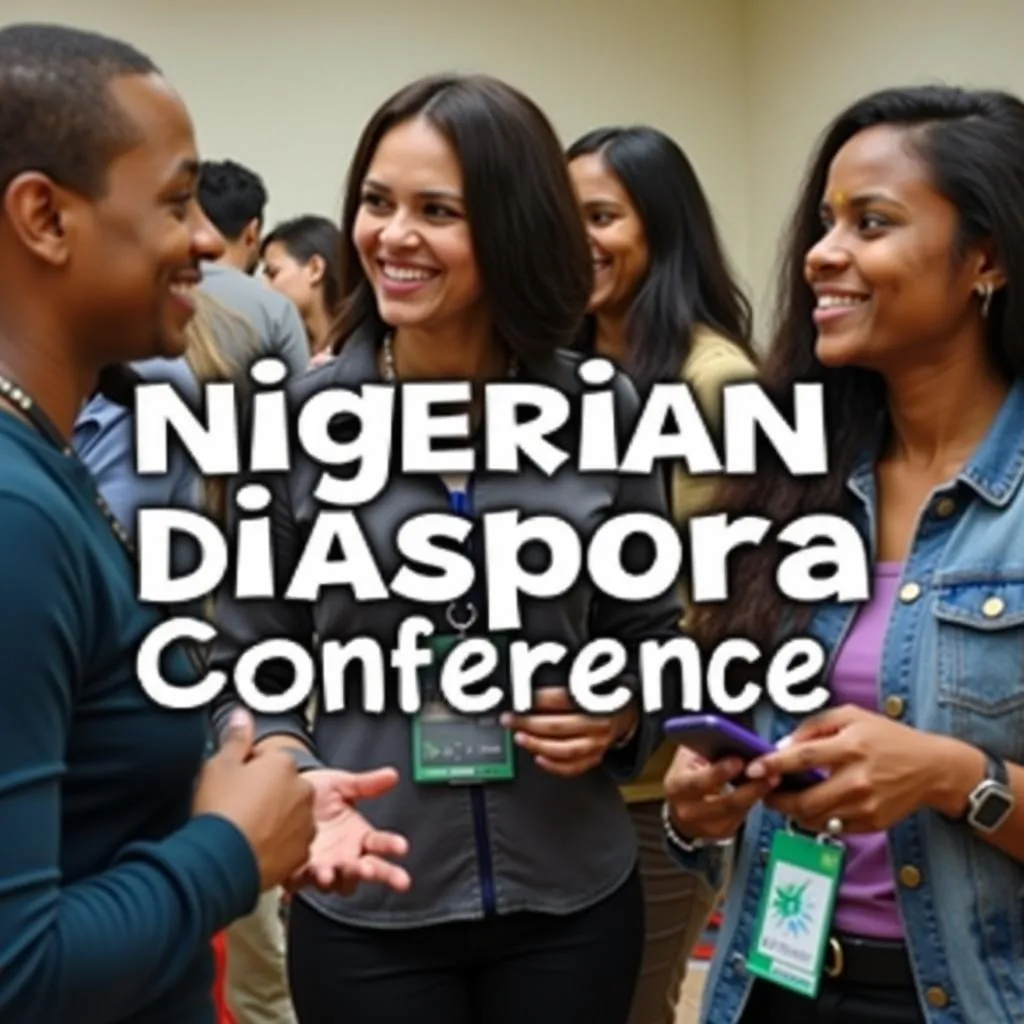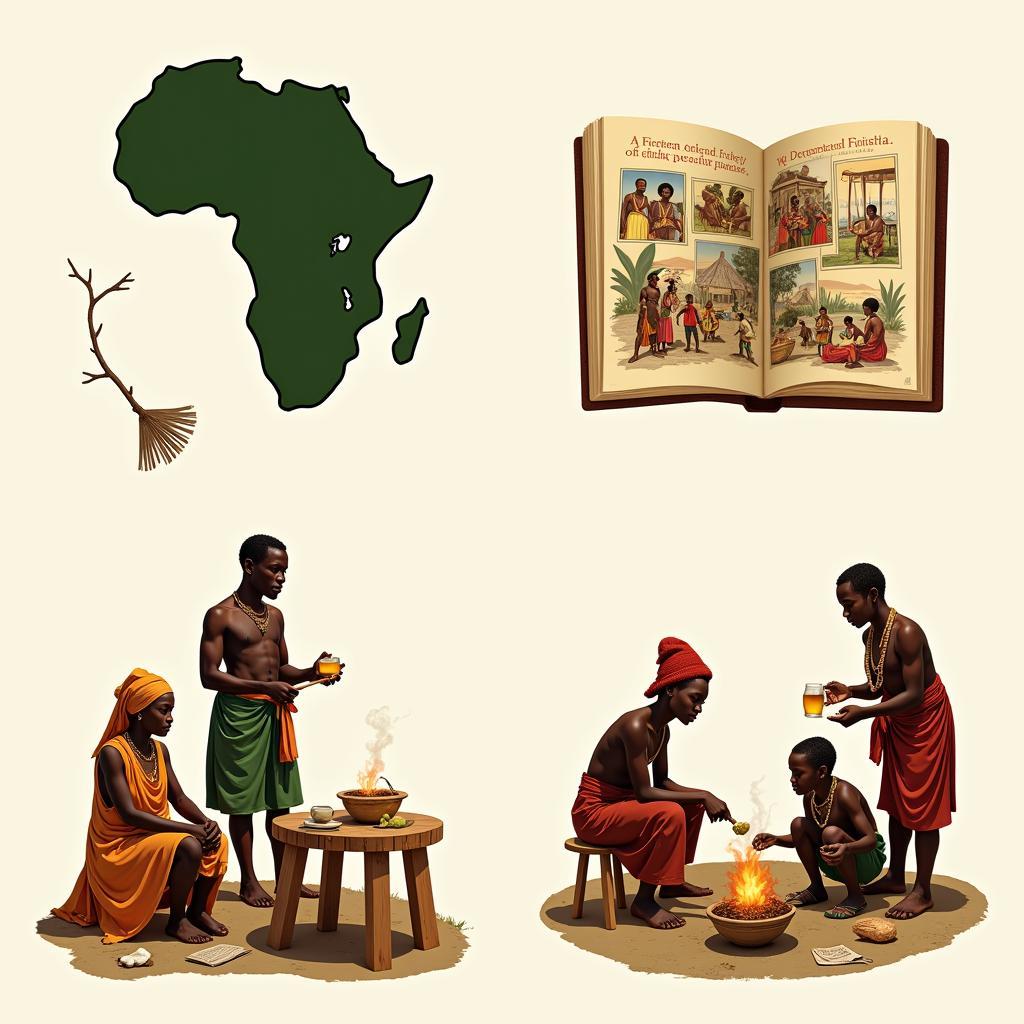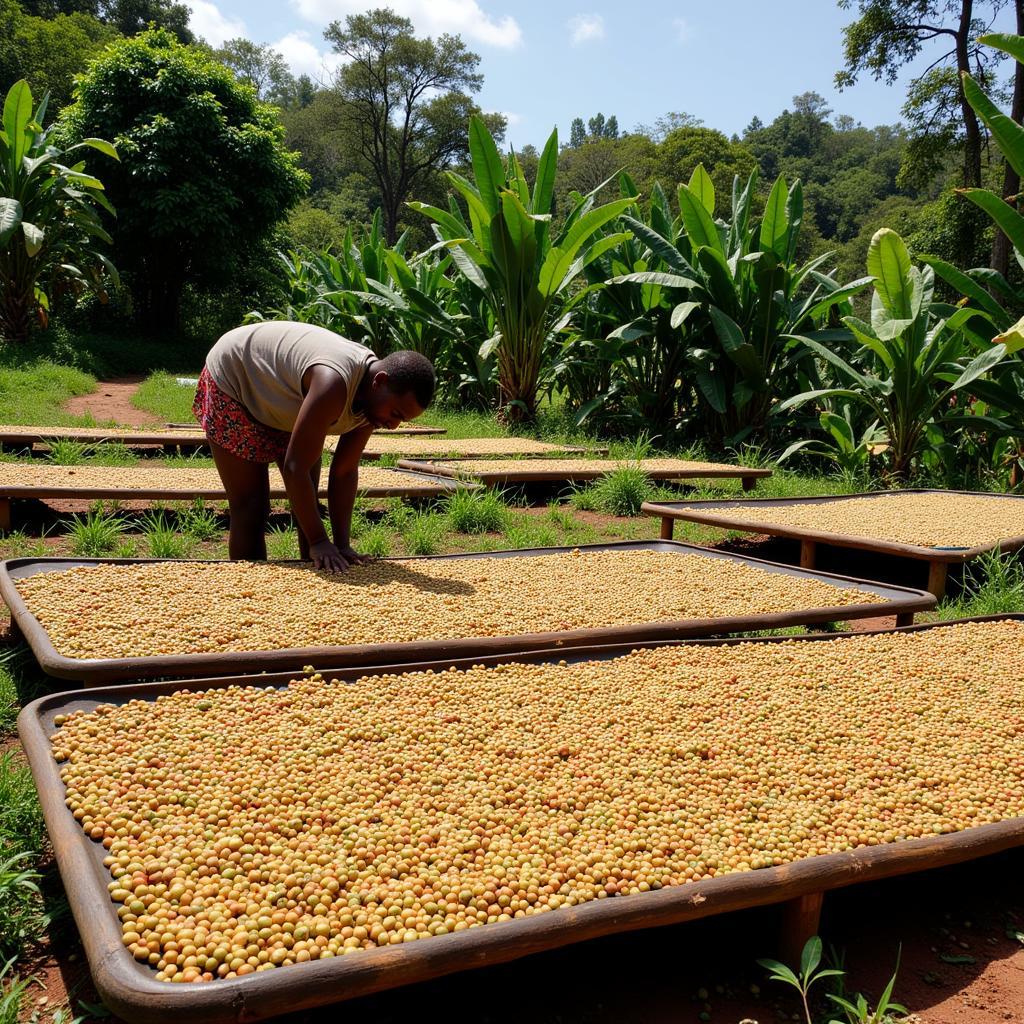Unmasking the Myth: The Real “African Jungle Man”
The term “African Jungle Man” often conjures up romanticized and often inaccurate images of a solitary figure living in the heart of Africa’s wilderness. While it’s true that Africa is home to diverse cultures, some of which maintain close ties to their natural environments, the concept of a “jungle man” is often a misrepresentation fueled by stereotypes and a lack of understanding about the continent’s true cultural tapestry.
The Origins of a Misconception
The image of the “African jungle man” is often rooted in colonial-era narratives that portrayed Africa as a continent stuck in time, populated by “primitive” tribes living in untouched wilderness. These narratives often served to justify colonial expansion and exploitation, painting a picture that was both inaccurate and harmful.
The reality is that Africa is a continent of immense diversity, with a rich tapestry of cultures, languages, and lifestyles. While some communities live in rural areas and maintain strong connections to their natural surroundings, they are far from the simplistic, isolated figures often depicted. These communities possess intricate social structures, traditions, knowledge systems, and ways of life that have evolved over centuries.
The Human Connection to Nature
While the term “African jungle man” might be misleading, it’s undeniable that many African communities have a deep and profound relationship with their environment. Indigenous knowledge systems, passed down through generations, demonstrate a sophisticated understanding of local ecosystems, plant and animal life, and sustainable practices.
For instance, the San people of Southern Africa, often referred to as Bushmen, possess an unparalleled knowledge of the Kalahari Desert’s flora and fauna. Their traditional hunting and gathering techniques, combined with their deep spiritual connection to the land, highlight a symbiotic relationship with nature that challenges the simplistic narrative of the “jungle man”.
Challenging Stereotypes, Embracing Diversity
Moving away from the “African jungle man” stereotype requires acknowledging the diversity and complexity of African cultures. It means understanding that “jungle” doesn’t accurately represent the varied landscapes of the continent, from savannas and deserts to mountains and coastal regions.
It’s crucial to engage with authentic representations of African cultures, seeking out stories and perspectives from diverse voices within those communities. This can involve supporting African writers, filmmakers, artists, and researchers who offer nuanced and accurate portrayals of their cultures.
Celebrating the Real Africa
Instead of perpetuating harmful stereotypes, let’s celebrate the rich tapestry of cultures, traditions, and knowledge systems that thrive across the African continent. Let’s move beyond simplistic labels and engage with the real Africa, in all its diversity and complexity.
african jungle woman photos, african buffalo cartoon
It’s time to retire the myth of the “African jungle man” and embrace a more informed and respectful understanding of Africa and its people.
FAQs
1. Is the term “jungle man” offensive?
Yes, the term “jungle man” is considered offensive as it perpetuates harmful stereotypes about African cultures and their relationship with nature.
2. How can I learn more about authentic African cultures?
Seek out books, films, and art created by African artists and storytellers. Support organizations working to preserve and promote African cultures.
3. Are there communities in Africa that live closely with nature?
Yes, many communities across Africa maintain strong connections to their natural environments, but their lifestyles are diverse and cannot be generalized.
4. What are some examples of sustainable practices in African cultures?
Agroforestry, traditional medicine, and community-based conservation efforts are just a few examples of sustainable practices found in various African cultures.
5. How can I challenge stereotypes about Africa?
Educate yourself about the diversity of African cultures. Engage in respectful dialogue. Support initiatives promoting accurate representations of Africa.
Need More Information?
Contact us at:
Phone Number: +255768904061
Email: [email protected]
Address: Mbarali DC Mawindi, Kangaga, Tanzania
Our team is available 24/7 to assist you.


